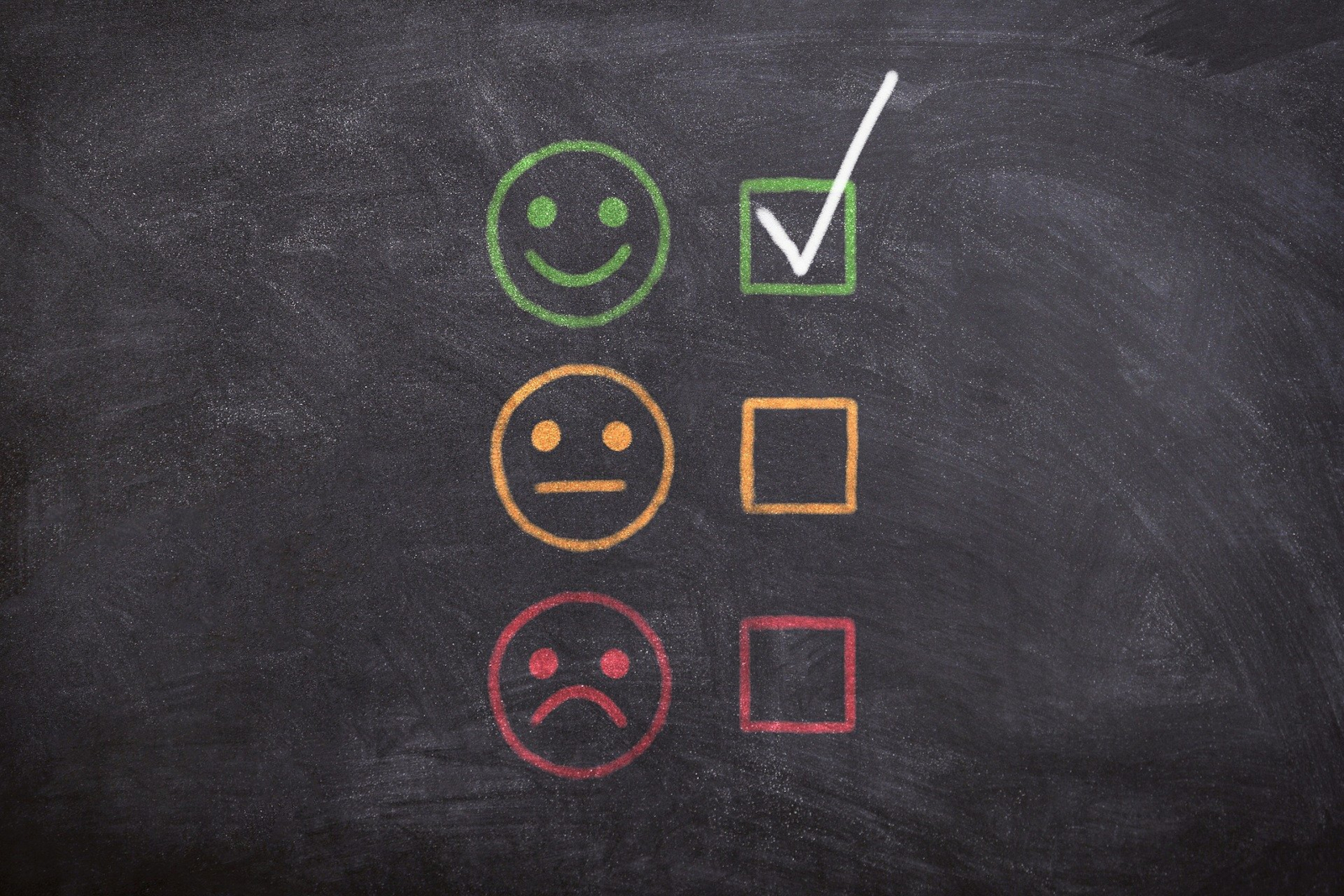How we rate
Our 20-point scale
 Photo: Pixabay
Photo: PixabayInexperienced wine drinkers usually rate wines in just two categories, which reflect personal taste in a very simple way: “Tastes good – Does not taste good”. Only with increasing drinking experience they discover how complex the world of “Tastes good” can be. Those who want to know more about wine begin to differentiate. Tasting notes help to match the wine flavour profiles to personal preferences. In addition, wine ratings based on numerical scales have become established for rating quality.
The sense and nonsense of such wine evaluations as well as their advantages and disadvantages can be argued about. We can certainly see that the uncritical handling of many media with the instrument of awarding points leads to what we consider to be an intolerable banalization and devaluation of wine as a cultural asset. At weinfreaks.de, we advocate a responsible and self-critical approach to ratings, which is reflected in our differentiated tasting methodology and the combination of various tasting forms. Points are an important and useful tool for us to assess wine quality. However, they only serve as an orientation guide and are not carved in stone. Anyone who misuses them as a measuring tool does not understand their meaning.
By the way: We refrain from publishing so-called best lists. We consider such lists to be misleading. They are neither representative nor exactly reproducible due to a generally high performance density through repeated tastings.
Robert M. Parker and the 100-point scale
Internationally, the 100-point scale, which goes back to the influential U.S. wine critic Robert M. Parker, has prevailed in recent decades. His one-sided preference for concentrated, fruit-intensive and barrique-accentuated wines has led to a worldwide disadvantage of elegant and multilayered crus.
In addition to the conformity in terms of taste an ever more widespread, unreflected flood of ratings above the seemingly magical 90-point barrier is increasingly being criticized. Hosts of writing agents of the wine market hardly shy away from boosting sales of simply knitted wines with unreasonably high ratings. From our point of view, the accompanying deception of the consumer cannot be reconciled with the principles of a serious wine criticism.
We therefore see it as the duty of the disavowed quality journalism to distance itself consistently and with the necessary vehemence from such machinations, to take a clear stand and to inform the manipulated consumer.
Our 20-point scale
In order to avoid comparisons with the corrupted “Parker points” we have opted for the 20-point scale that was formerly widely used in Europe. The scale corresponds in its interpretation to France's school grading system, which we extend by awarding half points. Because we make full use of the range of values between 10 and 20 points, our scale achieves a similar granularity.
Comparisons with other tasters
The ratings of two tasters are not comparable even if they are based on the same point scale. If we give a wine 16 points, for example, it may receive 17 from the British Jancis Robinson or even 18 from the Swiss René Gabriel. The reason: Each taster interprets the scale with its rating levels differently. At weinfreaks.de, we strictly follow the French model of our 20-point scale. Ratings of more than 16 points are therefore rarer, but reflect the differences in quality in the top range from our point of view in a more appropriate manner.
| Points | Meaning |
|---|---|
| less than 10 | An insufficient quality. The wine shows faults or intolerable defects. In this case, we do not publish the rating and declare only the reason for the devaluation. |
| 10 – 11.5 | Sufficient quality. The wine does not have a sensory fault, but beyond that it does not convince. In general, it clearly lacks complexity, balance or length. Wines in this category are usually found in supermarkets and discounters, but occasionally they also bother the passionated wine drinker – usually at inflated prices – in the gastronomy. |
| 12 – 13.5 | Satisfactory, well above average quality. Typically pleases as a decent, not overly complex everyday wine. Wine freaks, however, are unlikely to feel addressed here. |
| 14 – 15.5 | Good quality. A wine that is basically beyond reproach and can meet higher expectations. All flavour components present themselves balanced, the wine has a decent complexity and length. |
| 16 – 17.5 | Very good quality. A wine that stands out far from the crowd. As a rule, it has clear attributes of origin, shows craftsmanship and promises a favourable maturity within a future prognosis appropriate to the product category. |
| 18 – 19.5 | Outstanding quality. A wine that is in our opinion one of the best of its kind, both nationally and internationally. It not only conveys the joy of drinking, but also ignites enthusiasm. Typicality of origin meets high craftsmanship. Promises a great development, mostly over years, sometimes even decades. |
| 20 | Unique quality. A wine that is among the best that wine culture can produce. A unique taste experience that we can still tell our children and grandchildren about. You may be able to make a wine differently, but hardly better. |